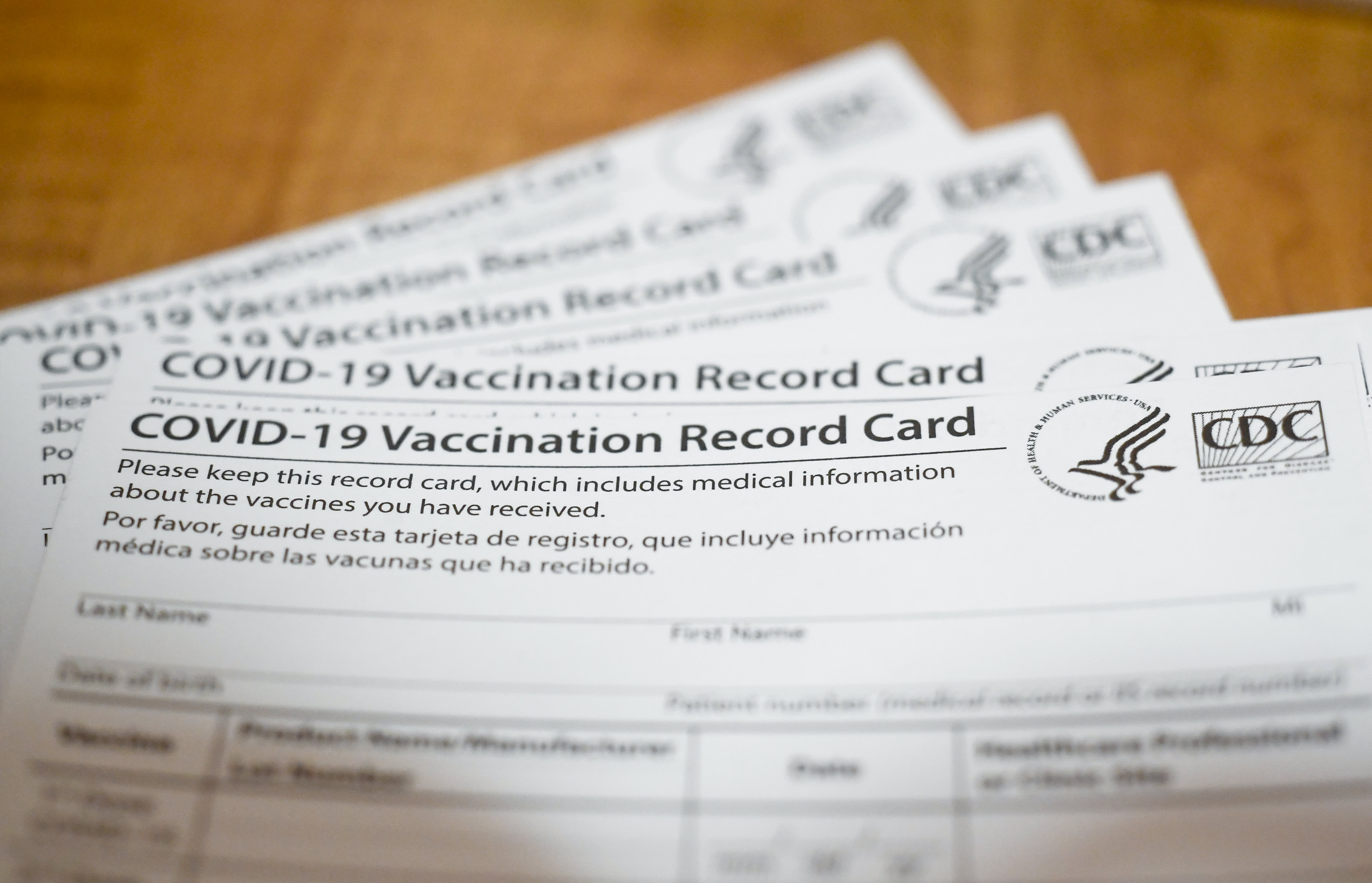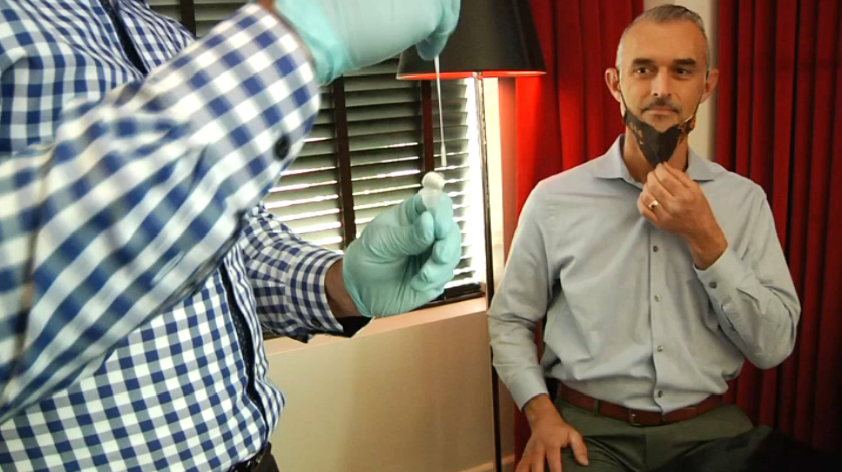As vaccine supplies remain low, Johnson & Johnson Friday announced a new candidate is showing promising results and the single-dose shot could be in arms by the end of next month, if approved by the Food and Drug Administration.
"The overall efficacy for severe disease was 85%," said Dr. Anthony Fauci, the nation's leading infectious disease expert. "In fact, in the study, including in the South Africa isolate there, were essentially no hospitalizations or deaths in the vaccine group whereas in the placebo group there were."
The South Africa variant has arrived in the United States and is showing greater resistance to vaccine.
CORONAVIRUS LATEST
Johnson & Johnson reported its vaccine is 72% effective in the U.S. in preventing moderate to severe COVID. That drops to 66% overall because it was only 57% effective among trial participants in South Africa, where the troublesome mutant is prevalent.
"This is a wake-up call to all of us that we will be dealing as the virus uses its devices to evade pressure, particularly immunological pressure, that we will continue to see the evolution of mutants," Fauci said.
He said vaccine manufacturers will need to be nimble in adjusting their products as new strains arise, as they inevitably will if the virus continues to spread.
The only way to slow it is to reduce new infections, he said, whether with continued distancing and masking or more vaccination.
J&J's global head of research and development said its vaccine goes a long way in doing that.
"It helps 100% of the people," said Dr. Mathai Mammen. "It either stops you from getting COVID or it helps you, if you get COVID, have a much milder version of COVID and it’s completely preventing the things that are most scary, which is going to the hospital or worse."
While not as effective in its early stages as the two-dose mRNA vaccines from Moderna and Pfizer, J&J's is just one shot, with no deep freeze required and it can be more easily produced, with 100 million doses expected in the U.S. by the end of June -- if the FDA approves.



